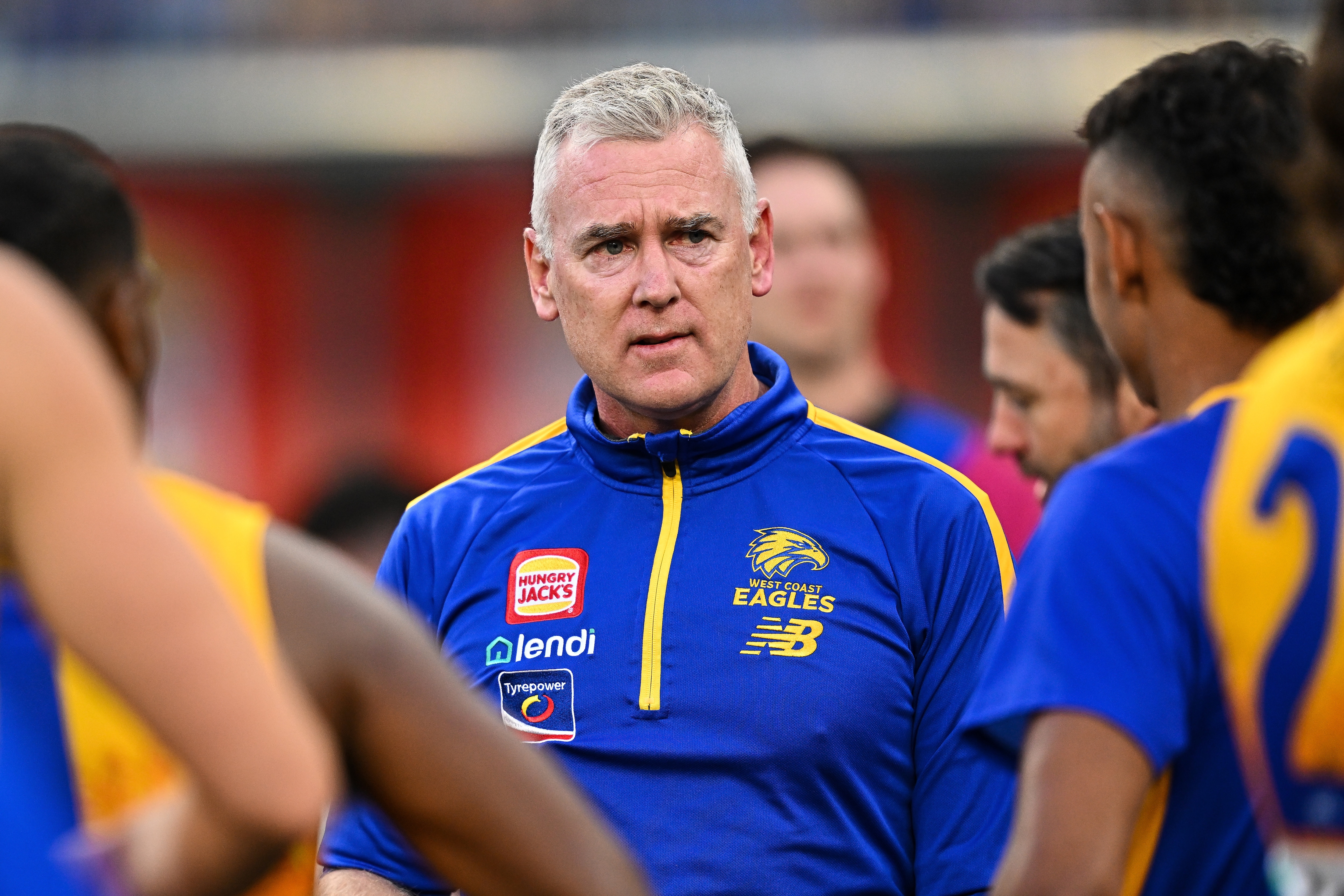PBA's three-year ban rule is a desperate move that solves nothing

Open Extended ReactionsThe Philippine Basketball Association (PBA) loves to call itself "Asia's first pro league." But in 2025, it's starting to look less like a trailblazer and more like an institution afraid of change.The PBA Board of Governors approved an aggressive new rule last month that targets players who leave for other leagues. It imposes a three-year ban on both rookies who refuse to sign their Uniform Player Contract (UPC) after being drafted and players whose contracts have expired but choose not to re-sign with their current team.Even if a player has fulfilled his contract, the league can still bar him from playing in the PBA for three full seasons if he joins another league -- whether overseas or in the Philippines.League officials defended the move as a way to protect franchise investments and stem the growing "talent drain" to foreign leagues like Japan's B.League, South Korea's KBL, and other international leagues. The policy was announced as PBA standouts Arvin Tolentino, William Navarro, and Jamie Malonzo signed deals abroad after their contracts ended. Under the new rule, all three are now barred from returning to the PBA until their three-year ban expires.The essence of free agency violatedFree agency exists for a reason: To give players the right to choose their next move once their contracts are done. The PBA's new ban tramples that principle, effectively punishing players for exercising the very freedom that defines professional sports. A player who has fulfilled every term of their deal should be free to explore opportunities -- whether locally or abroad -- without facing a multi-year exile. By imposing this restriction, the league treats the end of a contract not as a finish line, but as an extension of control.In global sports, the best leagues understand that mobility is part of the game. The EuroLeague doesn't threaten players who decide to pursue an NBA career. European football clubs don't blacklist players who leave for a better contract elsewhere. The PBA's approach, by contrast, sends the message that once you're in, your career path is no longer entirely yours to decide -- even when you've already honored your commitments.This rule could also deter fresh talent from even entering the league. College standouts and overseas-based Filipino players may hesitate to commit to the PBA if it means risking career stagnation. Instead of being a launching pad for talent, the PBA risks being seen as a cage -- one that locks the door just when players should be free to fly.Improving pay and conditions should have been the solutionUnder the new ban, Jamie Malonzo would barred from returning to the PBA for three years. PBA Media BureauPlayers are leaving the PBA because they see better deals elsewhere. The B.League in Japan, the KBL in Korea, and the T1 League in Taiwan all offer higher salaries, better facilities, and more structured player development. For example, Thirdy Ravena got his opportunity to be seen by the EuroLeague after his successful stint in Japan, which obviously got more international exposure. In such an environment, it's no surprise talents like Navarro and Malonzo have pursued overseas options recently.Instead of confronting these competitive disadvantages, the PBA is using the ban as a stopgap solution. The core issue isn't loyalty; it's that the product being offered doesn't match what's available in other leagues. This is like a restaurant locking its doors so diners can't leave when a rival serves better food.By refusing to improve salaries, training standards, and league scheduling, the PBA is admitting -- without saying it -- that it can't compete on merit. And when a league chooses control over innovation, it sets itself on a slow but steady path to irrelevance.Fans might continue to lose faithEvery league depends on trust, not just from its players, but also from its fans. The PBA's new ban sends a message to supporters that politics and control matter more than showcasing the best talent available. When fans see their favorite players barred from playing in the country's top league -- not because of injury, poor performance, or retirement, but because of an administrative punishment -- they feel betrayed. And betrayal lingers.Over the years, the PBA has been steadily losing its audience, evidenced by the low gate attendance in some elimination games. While there remains an audience online and on television, the sentiments they can get from those who continue to monitor PBA action could be frustration. Instead of adapting to keep these stars, the league appears to be punishing them. This leaves fans wondering whether the league values the quality of the game or simply the control it holds over contracts.Once fans lose faith in a league's intentions, it's nearly impossible to get it back. Basketball in the Philippines is built on passion and connection, but passion erodes when trust is broken. The PBA is gambling that fans will stay no matter what -- yet history in other sports shows that when supporters start feeling alienated, they find other places to give their attention, and they don't always returnThe PBA's three-year ban on "expirees" isn't a strategy -- it's a setback. It strips players of freedom, rewards cowardice over innovation, and risks turning fans away. By punishing those who leave instead of creating reasons to stay, the league is painting itself not as a powerhouse but as a panicked relic of the past.









